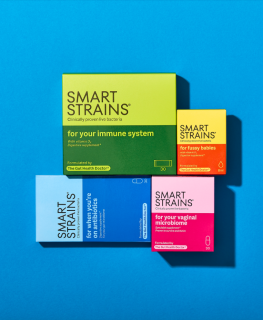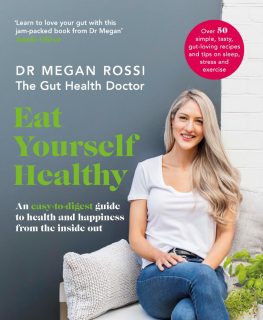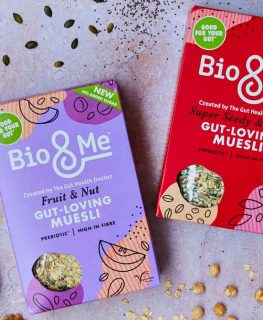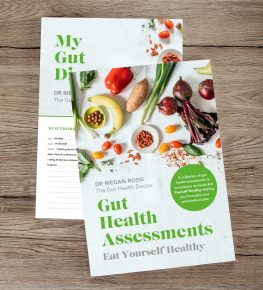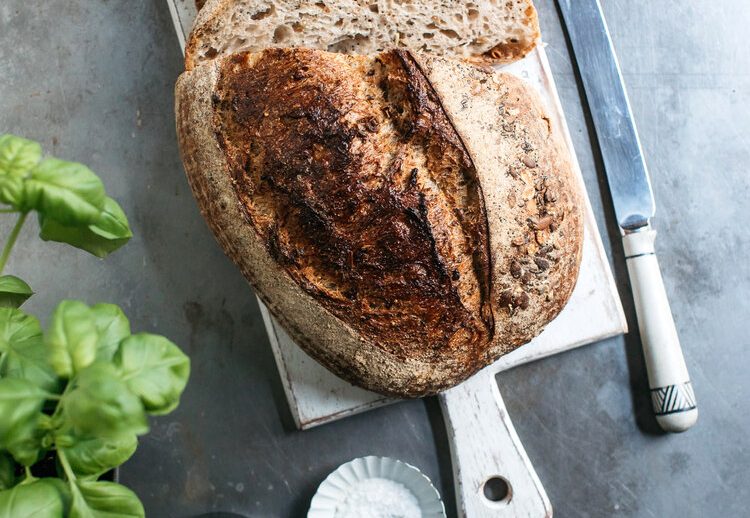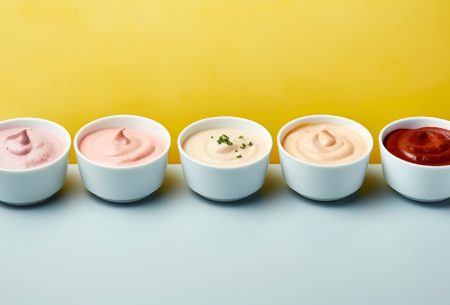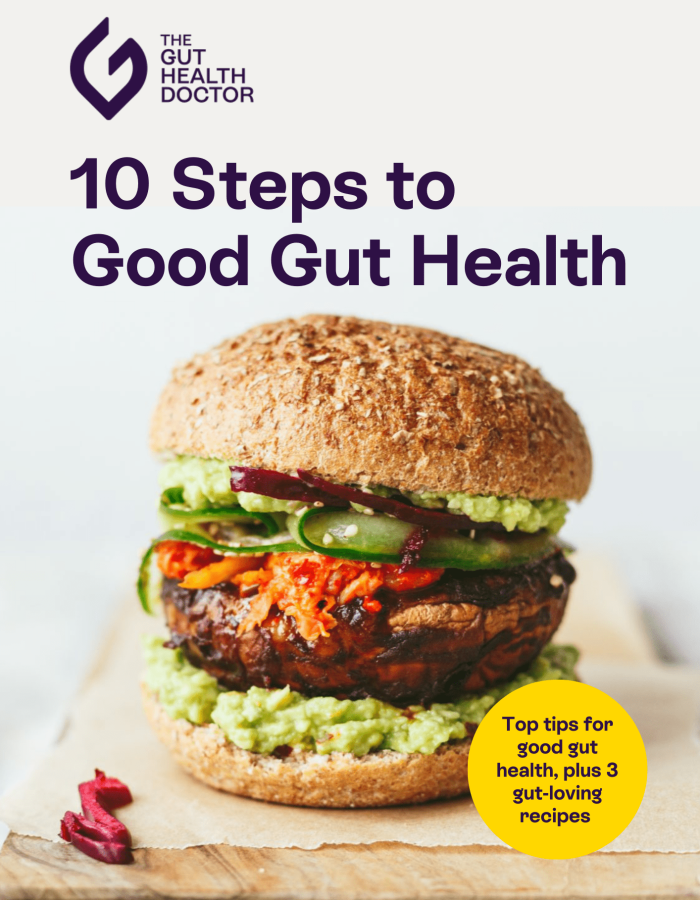Calling all sourdough lovers! Is there anything better than freshly baked sourdough dipped in extra virgin olive oil…or topped with an oozy poached egg and kimchi?
There’s more to wholegrain sourdough than the delicious taste too!
-
Sourdough fermentation has been shown to lower the spike in blood sugar levels, vs non-fermented wholewheat bread *full disclosure: this is based on a single study so far, and there is variation between people.
-
Fermenting may increase the avaliability of some nutrients like zinc and lower the gluten content in some sourdough breads. *full disclosure: wheat (including spelt), rye and barly based sourdoughs still contain gluten so are not appropriate for coeliacs.
-
Although the microbes die off during baking, the microbes found in a sourdough starter have been shown to produce beneficial substances with impressive antioxidant activity (which can protect our cells against damage from what we call free radicals, at least in test tube studies).
-
100% spelt sourdough is also considered low-FODMAP, as microbes consume some of the FODMAPs (remember it’s super important to reintroduce FODMAPs after an initial restriction phase, as many are prebiotics which feed our gut bacteria!).
If your social media feeds have been anything like mine during lockdown and you’re getting serious sourdough envy, check out the super simple sourdough starter guide in my book Eat Yourself Healthy & Love Your Gut.
Or if you fancy a quicker sourdough fix, the sourdough wraps in my book take 2 mins to prep with your sourdough starter. All you have to do is leave them overnight to work their magic, so they’re ready for you in the morning!
